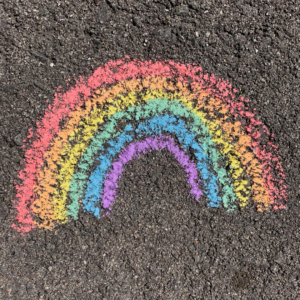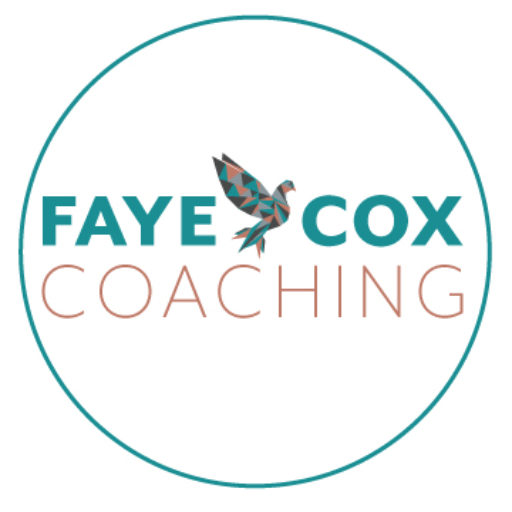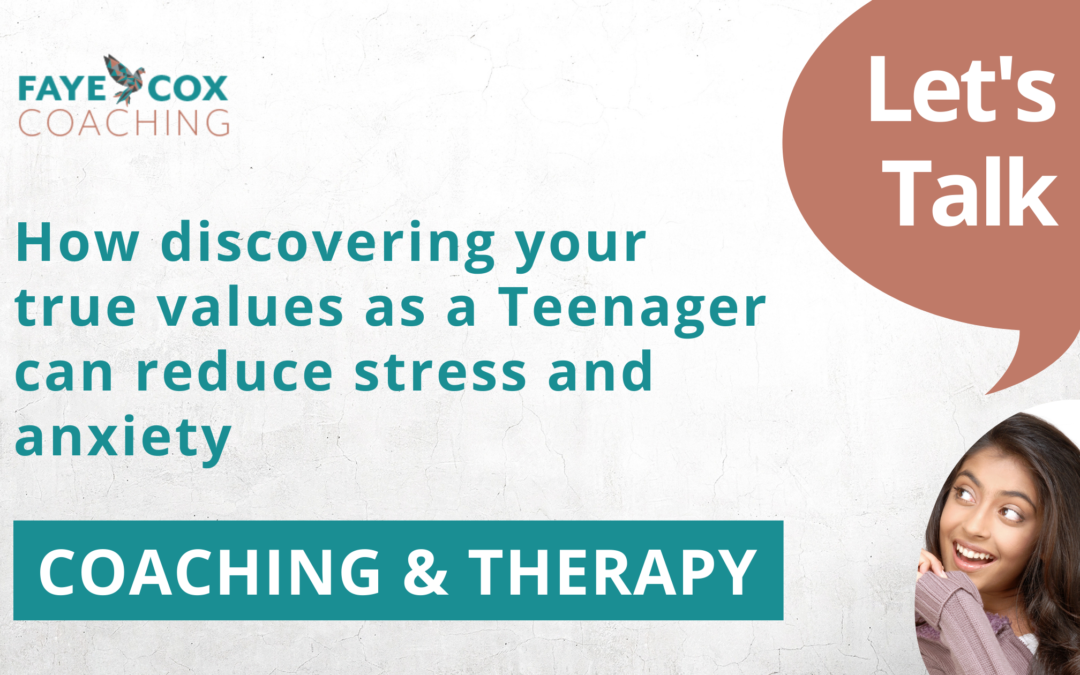What are Teenage Values and Beliefs?
As human beings, we all have our very own map of the world. No two people’s are ever the same. You can be an identical twin, yet your world map will still differ.

No other person has experienced life through your lens. No other person has seen, heard or felt things exactly the same way you have. This is hugely beneficial to learn as it can relieve the pressure of feeling like you have to be like other people.
Values
Values are the things that are important to you. I call these your non-negotiables in life. For example, my values are honesty, compassion, empathy and respect. I live by these values, and when I feel one of them is not being met either by myself or by those closest to me, it can cause stress and anxiety.
Beliefs
Beliefs are what you believe to be true about yourself and the world around you. These can be anything from thinking that you’re not good enough at something, not tall enough for something or even that you can’t do something for whatever reason you’ve convinced yourself is true.
When you’re a young child, your values and beliefs are automatically the same as those closest to you: your parents, older siblings, grandparents, etc. But when you reach your teenage years, your actual values can get lost and confused with other people’s. You can even begin to doubt your family values and believe other families’ values align with what you want to believe.
These beliefs may suit your current lifestyle more, or they might be more relaxed, and that’s okay. It’s completely normal to question what you believe to be true and what your parents believe to be true as long as you do it respectfully. Remember, your parents may have lived by these values for a long time and will be deeply embedded in their minds. For someone to come along and question them can feel difficult and uncomfortable and like someone is disrespecting them.

As with most parents, they may not even know why they have them in the first place, as they too will have inherited some of their beliefs from their parents a long time ago.
When I was a child, my parents firmly believed that drawing on anything apart from paper was wrong. I know this was to stop me from writing on the walls when I was a toddler. Your parents may have told you the same thing. As an adult, I can realise what this means. Still, as a young child, this became so embedded in my mind that I believed that I was never to draw on anything except paper.
When my children suggested that we draw a rainbow on the pavement for the NHS during COVID, my instant reply was ‘no’. To which they both asked me why. I gave them the old ‘because I said so’ answer and thought that would be the end of it. But then they asked me why it was so wrong and gave me two very valid reasons why it should be okay; one being that it was to show support for the NHS and the other that they could easily wash it off.
Well, what could I say? I had nothing; no comeback could back up this belief my parents had given me as a young child. I even asked myself why and to my amazement, I had no real reason. I had acted instantly and unconsciously due to something drummed into me as a child. I’m sure you can guess what happened next – I told them we could get some chalk and create our rainbow. Their faces were a picture, and our rainbow was the talk of the close and stayed put until the rain came and washed it all away a few days later.

Why am I telling you about my old belief and rainbows? I want you to know that even we adults have old and outdated beliefs that influence our decisions regarding our children. Be mindful of this when your parents question your reasons for doing something.
It means that you, too, can change your beliefs about yourself. You, too, can believe that you CAN do something, that you are good enough.
When it comes to many things in life, it’s a good idea to take a closer look at your values so that you can live authentically as you. It can be difficult with so many outside influences, especially friends, but it’s fundamental to discover who you are and who you want to be.
So, how do you go about discovering your teenage values? I do this with all the young people I work with, and here is an exercise you can complete to do just that.
Teenage Values exercise
- Write a list of everything important to you, eg. family, friendship, kindness, integrity, honesty, learning, money, success, well-being, giving back to the community, faith, and caring for yourself and others.
- Narrow down your list to your three most important ones.
- Write down why each of these three values is important to you.
- Write down who you know who shares all three values.
- Write down who you know who shares at least two of these values.
- Give an example of how you live by each of your chosen values.
If you’re not already living by these three values, how can you make the necessary changes to include these in your everyday life? Are you living by these values in some parts of your life and not others?
If like so many other teenagers I work with, you’re finding it difficult to know what you believe to be true or how to live authentically as you then check out my book ‘Making Sense of Me’ which is out now. Alternatively you can book a call with me

